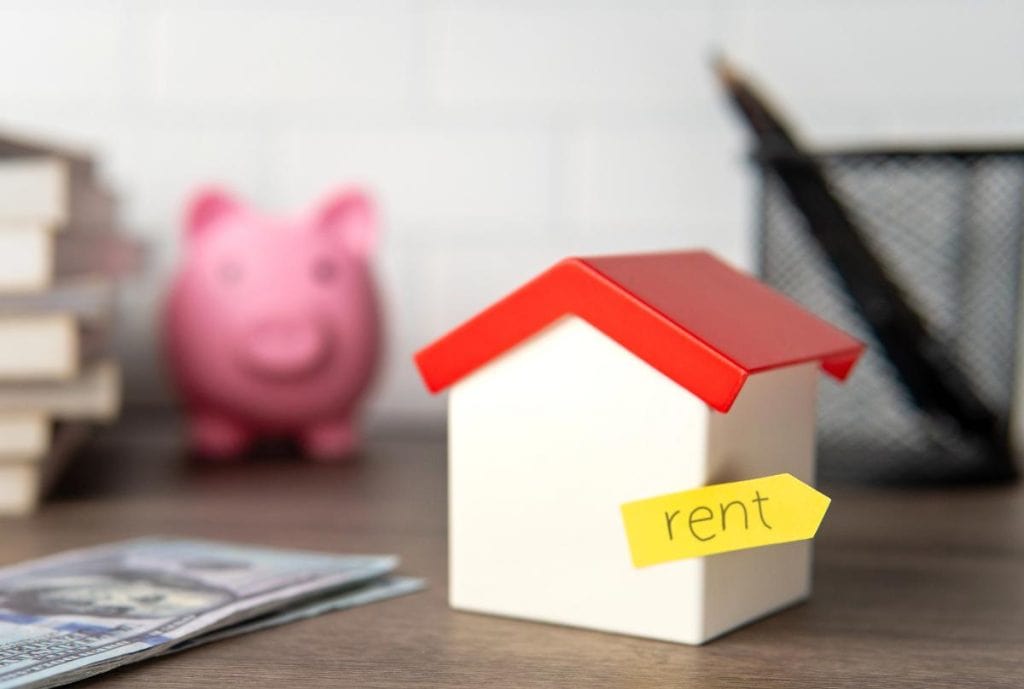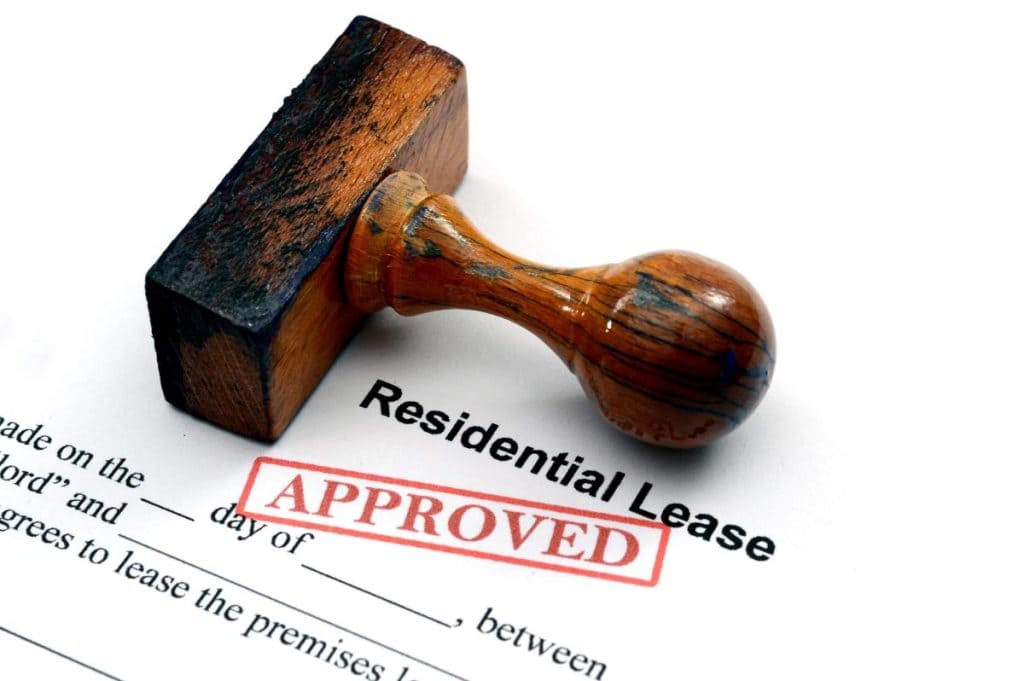
Being a landlord can feel deceptively simple. You buy a rental property, find tenants, and collect checks. But reality quickly proves otherwise. Without preparation and discipline, you’re likely to make mistakes that drain your time, money, and patience.
Making some of the common landlord mistakes affects your income, your stress levels, and how long tenants stay. The good news is that most mistakes can be avoided. You don’t need a property management degree. You need clear rules, consistent follow-through, and the ability to think long-term. In this article, we will go over some of the common mistakes to avoid.
1. Not screening the tenants
Skipping tenant screening is one of the fastest ways to turn a rental property into a financial mess. You might feel pressure to fill a vacancy quickly, but rushing this step almost always leads to regret. Without a proper screening process, you risk renting to someone with a history of missed payments, damage, or disputes. Bad tenants can cost you far more than an extra month of vacancy ever would.
If you’re short on time or unsure how to handle this step, consider working with a professional. A company that specializes in Toronto condo rental management, for example, often has systems in place to vet applicants thoroughly. They screen tenants using proven methods and remove guesswork. That way, you’re not relying on instinct. You’re making decisions based on facts.

2. Delaying repairs and maintenance
Putting off repairs or basic maintenance may seem harmless at first, especially if the issue doesn’t seem urgent. But delays have a way of turning small problems into big ones. A dripping faucet becomes water damage. A loose railing turns into a safety hazard.
Tenants notice when things are ignored. Then they become less careful with your property. Over time, the overall condition of the unit declines and so does the rent you can charge. Worse, you may violate housing standards without realizing it, opening yourself up to fines or legal trouble.
You don’t need to be on call 24/7, but you do need a clear plan. Track maintenance requests. Respond promptly. Follow up to confirm the issue is resolved. If managing repairs directly is too much, hire help. Having a go-to handyman or contracting with a service can keep your property in good shape without eating up your time.
3. Poor communication
Bad communication leads to bad outcomes. If your tenant doesn’t hear back when they have a question or problem, they start to lose trust. That’s when frustration builds. Simple issues become arguments. Misunderstandings turn into formal complaints. And your relationship with the tenant breaks down.
You don’t need to be best friends, but you do need to be clear and available. Set expectations early. Let tenants know how to reach you, when you’ll respond, and what to expect. Stick to that. If you’re hard to reach or give inconsistent answers, tenants will stop reporting problems or they’ll escalate them.
